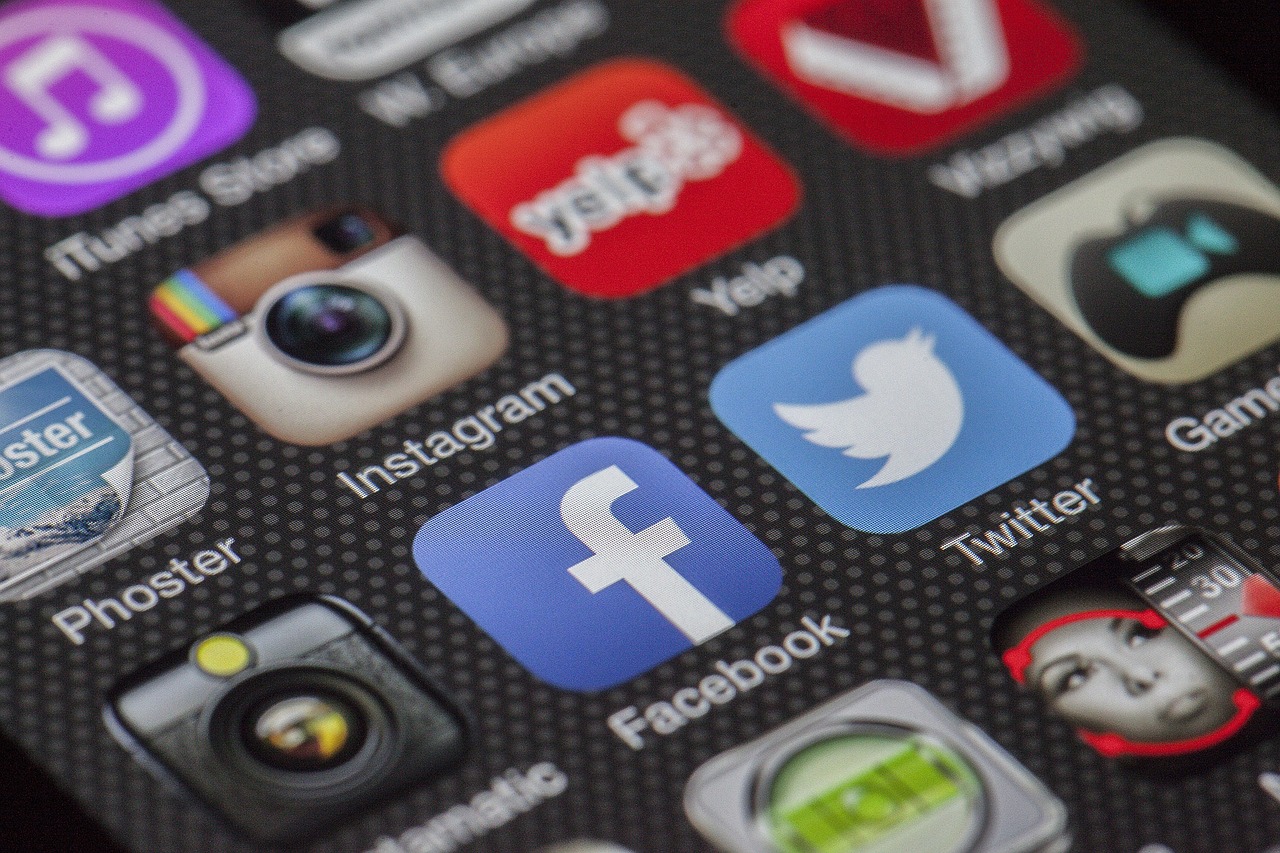
In today's interconnected world, social media has become an integral part of our daily lives. From connecting with friends and family to building professional networks and promoting businesses, the impact of social media is undeniable. As the demand for digital marketing expertise continues to rise, so too does the importance of acquiring specialized skills in this field. Enter social media courses – comprehensive programs designed to equip individuals with the knowledge and tools needed to navigate the ever-evolving landscape of social media marketing.
Social media platforms have evolved from simple communication tools to powerful marketing channels with global reach. With billions of active users across platforms like Facebook, Instagram, Twitter, LinkedIn, and TikTok, businesses have unprecedented opportunities to engage with their target audiences and drive meaningful results. However, harnessing the full potential of social media requires a deep understanding of platform algorithms, content creation strategies, audience targeting techniques, and analytics interpretation – skills that are honed through specialized training.
Social media courses cover a wide range of topics, including platform-specific strategies, content creation best practices, advertising techniques, community management, and analytics interpretation. Participants gain a holistic understanding of social media marketing principles and practical skills that can be applied across various industries and platforms.
Many social media courses offer hands-on learning experiences, allowing participants to practice implementing strategies, creating content, and managing campaigns in a simulated or real-world setting. This experiential learning approach fosters skill development and confidence, preparing individuals to tackle real-world challenges in the field.
Courses are often led by industry experts with extensive experience in social media marketing. These instructors provide valuable insights, practical tips, and personalized feedback to help participants navigate complex concepts and refine their strategies for success.
Social media courses bring together individuals from diverse backgrounds and industries, creating opportunities for networking, collaboration, and knowledge sharing. Participants can connect with peers, industry professionals, and potential mentors, expanding their professional networks and gaining valuable insights into emerging trends and best practices.
Acquiring specialized skills in social media marketing through courses can enhance career prospects and open doors to new opportunities. Whether aspiring to become social media managers, digital marketers, content creators, or entrepreneurs, individuals with expertise in this field are in high demand across industries. Many social media courses are offered in flexible formats, including online courses, webinars, workshops, and self-paced modules. This flexibility allows individuals to learn at their own pace, balance their studies with work or other commitments, and access course materials from anywhere with an internet connection.
Conclusion:
In an increasingly digital world, social media courses offer a pathway to mastering the art and science of social media marketing. By providing comprehensive education, hands-on experience, expert guidance, networking opportunities, and career advancement prospects, these courses empower individuals to thrive in the dynamic and competitive landscape of digital marketing. Whether you're a marketing professional looking to expand your skillset or a newcomer eager to enter the field, investing in social media courses can be a transformative step towards unlocking your full potential in the digital realm.